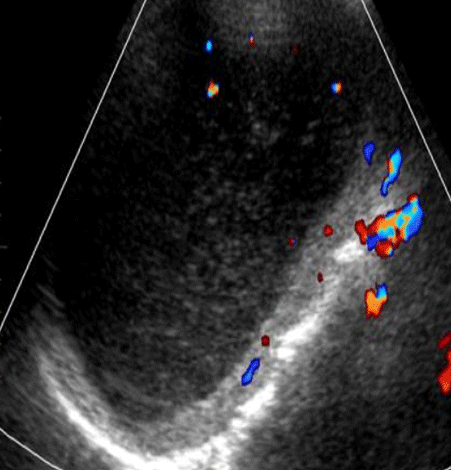Skin Disorders
Why is the skin important?
The skin is the largest organ of the human body. It is has important functionality, including:
- Protecting the body from trauma
- Physical barrier protecting the body from infection with bacteria, viruses, etc.
- Regulation of normal body temperature.
- Maintenance of water and electrolyte balance in the body to prevent dehydration.
- Sensory functionality by detecting painful and pleasant stimulus.
- Important role in vitamin D synthesis after exposure to the sun.
What are skin disorders?
Skin disorders are diseases that arise from and affect the skin. They often present as rashes, inflammation, itchiness, colour and other skin changes. There are different kinds of skin disorders than range in severity from minor to major.
What causes skin disorders?
Skin disorder have a wide range of causes including genetic and environmental factors. The most common causes include:
- Bacteria that become lodged in skin pores and hair follicles
- Fungi, parasites, and other microorganisms that live on the skin
- Viral infections
- Conditions that result in a weakened immune system
- Physical contact with allergens, skin irritant or infected skin
- Genetic conditions
- Diseases of the thyroid, immune system, kidneys, and other systems in the body
- Certain medications, for example those used to treat inflammatory bowel disease (IBD)
- Overexposure to the sun
- Long-term uncontrolled diabetes
What skin disorders could go undetected?
Most skin disorders are symptomatic and easily noticed, but some are harder to detect as they remain most asymptomatic until they become more advanced. These conditions include:
- Lipomas: These are very common benign, slow-growing, soft-tissue tumors. It is made up of up fatty tissue and usually lies between the skin and underlying layer of muscle. It is easily mobile and does not normally cause pain. It can occur on any part of the body, but is most commonly found on the limbs, back, neck, shoulders, trunk, and forehead.
- Sebaceous cysts: These are common, slow growing, benign cysts that contain liquid or semiliquid material. They arise from sebaceous glands responsible for producing the oil coating the hair and skin. They can be found on any part of the body, most commonly the face, neck, and trunk. They are mostly painless unless the grow too large.
- Epidermoid cysts: These are common type of skin cyst. They are benign, slow growing lumps that lie under the skin. They are mostly found in areas with more hair such as the scalp, face, trunk, upper back, or groin area.
Common complications of undetected skin disorders
The most common complications of the previously listed skin disorders are:
- Lipomas: They generally remain harmless, but can cause pain if they grow large enough to compress nerves or blood vessels
- Sebaceous cysts: They are generally benign, but if unchecked can cause discomfort, become inflamed or infected.
- Epidermoid cysts: They are mostly benign and painless but can become inflamed or infected. It also has some risks of causing skin cancer.
What are the risk factors of skin disorders?
The risk factors of these skin disorders are:
- Lipomas: They are linked to genetic disorders (including Dercum’s disease, Gardner syndrome, Hereditary multiple lipomatosis, Madelung’s disease), middle age, trauma, obesity, alcohol abuse, liver disease and glucose intolerance.
- Sebaceous cysts: They are linked to genetic disorders (Gardner syndrome, Gorlin syndrome, high levels of testosterone, trauma and the male gender.
- Epidermoid cysts: They are linked to genetic disorders, skin trauma and being post-pubescent.
How to reduce risks of skin disorder?
These skin disorders are linked to genetic factors which are hard to risk reduce, but in other cases, the following can be done:
- Reducing alcohol consumption.
- Avoiding trauma to skin surface.
- Treating skin conditions that disrupt the normal surface of the skin.
Why is early detection important?
Early detection is important as it can prevent discomfort caused by larger skin lesions. It will also decrease the risk of inflammation, infection, and rupture. It is especially important to detect lipomas early to prevent its transformation to cancerous states and to ensure they are benign as often liposarcomas, which are malignant tumors of fatty tissue, can be mistaken for lipomas.
What are the benefits of screening evaluation?
There are different methods of diagnosing skin disorders, including
- Skin examination: These disorders are usually initially detected during a physical examination.
- Biopsy: After the lesion is detected, a biopsy is needed to determine if it is benign or cancerous.
- Ultrasound: An ultrasound is essential in visualizing the skin lesion and its contents. It helps to distinguish between different cysts, lipomas, and cancerous growths. It also shows the exact location of the lesion, the depth of its grown as well as if it is the cause of other symptoms the patient might be experiencing such as pain induced by compressing surrounding nerves or tissues.
